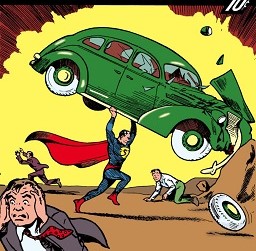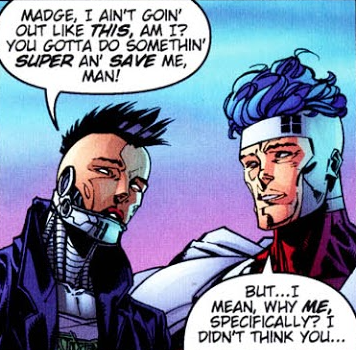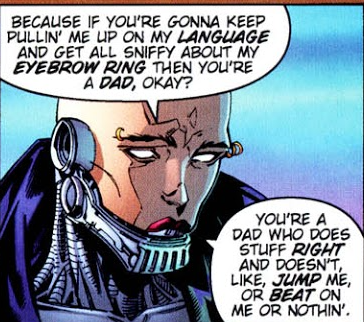
Thinking about my undergrad alma mater, Bates College, which is currently going through a scandal about the administration censoring something that appeared in the student newspaper.
I wrote an opinion column for that newspaper, back in 1988. 1/3
I wrote an opinion column for that newspaper, back in 1988. 1/3
I've been smug in thinking that the administration didn't censor us in the old days--but I remembered this morning that that's not true.
I wrote a column pointing out (naming w/out naming) the date rapists on campus and the frat-like house of students where date rapes occurred.
I wrote a column pointing out (naming w/out naming) the date rapists on campus and the frat-like house of students where date rapes occurred.
I upset much of the campus and a number of alumnae and donors, got attacked at a party, etc. And one of the Deans called me into his office and in what I'm sure he thought was a cordial tone of voice "recommended" I meet with my "victims" (i.e., the date rapists).
That meeting was awkward as hell, because I had to be polite to them while also getting the point across that I knew what they did. They were aggrieved, as might be expected.
The Dean then "recommended" that I not write articles like that any more.
The Dean then "recommended" that I not write articles like that any more.
I did tone it down--I got the message he was sending--but only enough that I was allowed to keep getting my stuff published without further heat from the administration.
So Bates hasn't changed much, I guess, except for the price tag.
So Bates hasn't changed much, I guess, except for the price tag.
• • •
Missing some Tweet in this thread? You can try to
force a refresh











